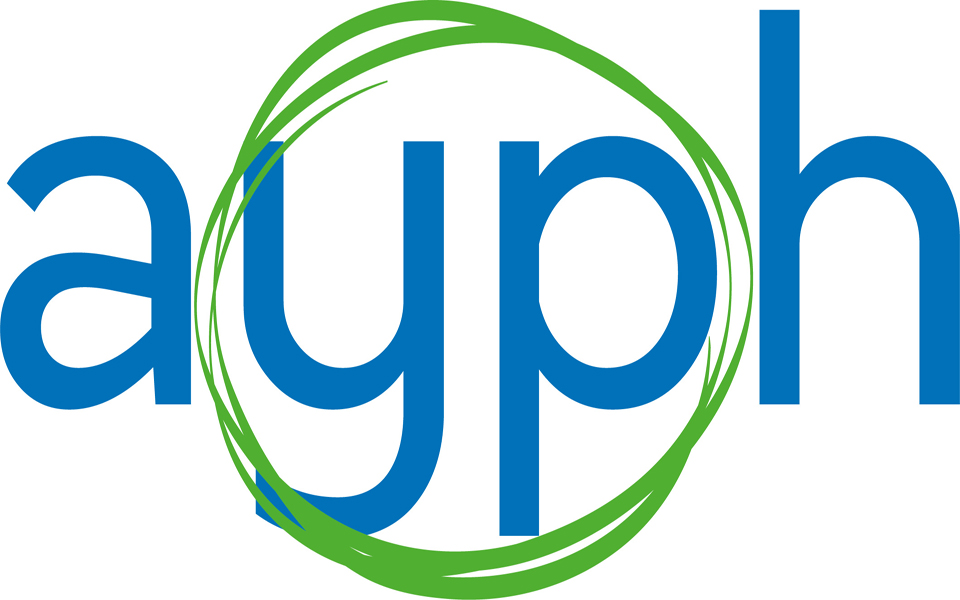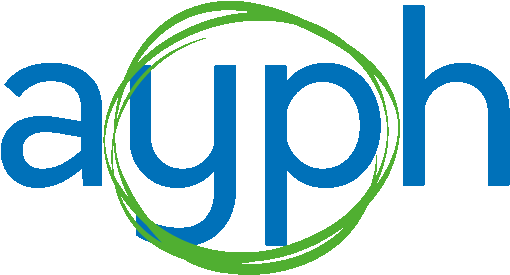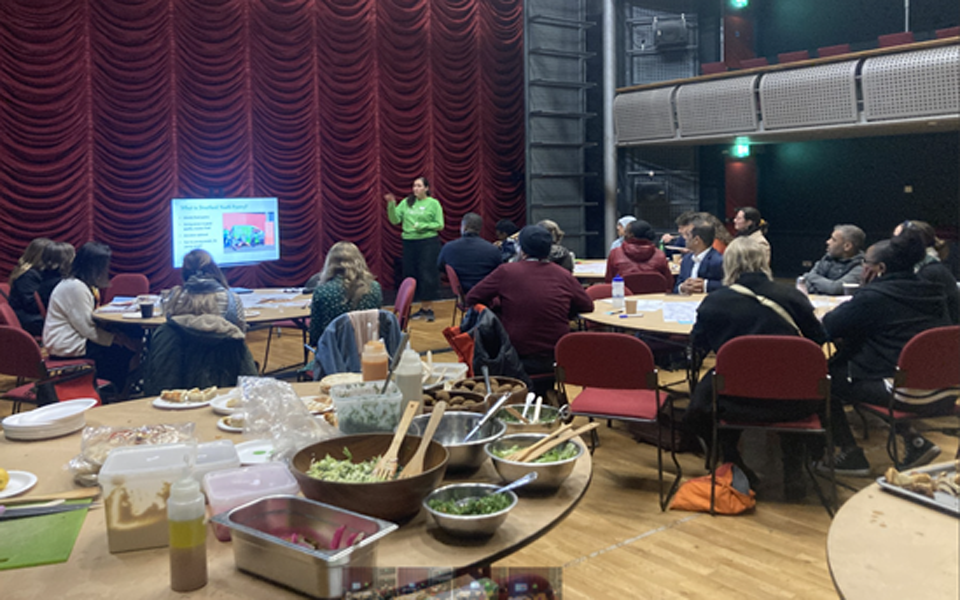There are lots of conversations now ongoing about the food offer in the secondary school setting. There’s considerable interest in how to improve this, and what we might do about extending free school meals. We’ve previously written about reimagining secondary schools as ‘food havens”’. But how about when young people leave school and go to youth clubs? What kind of role can they play in promoting food security in this age group?
In March 2024 we brought together a wide range of partners in Newham, London to think about how food works for young people in the borough’s out-of-school youth spaces. The project team is a collaboration between the Association for Young People’s Health, Newham’s Public Health Department, and colleagues from Cordis Bright. We invited a wide range of stakeholders working locally and nationally to improve food security for teenagers. We were joined by representatives from the local authority, the voluntary sector, catering providers, youth clubs, programme funders and evaluators, and young people themselves.
We were particularly grateful for excellent presentations from the Felix Project who have developed a youth pantry in a Newham youth zone, and from Biteback, an advocacy organisation developing youth empowerment around food. Discussions focused on what was happening now, how food in the youth sector could look like in the future, and what we need to do to make change happen.
It’s clear that the context for providing a food offer to young people in the youth sector is quite different to the school setting. Young people in out of school environments have far more agency and choice, and can opt in and out of things in a different way. The context of the youth zone – youth led, youth empowered – sets the scene. Any offer needs to be very appealing. There are concerns about risk in the out of school setting that create challenge – such as dealing with allergies. Costs and funding are clearly constraints. There are no overarching policies or recommendations that create any kind of framework for this sort of provision.
There are clearly lots of opportunities, many that are being missed, for using this time out of school to help to alleviate food poverty and to improve young people’s understanding of and access to nutritional food. Young people are interested in food in this space and clearly understand its role in energy and health. But for progress we need more support – training, standards, facilities and shared learning from programmes such as school holiday programmes.
The out-of-school spaces that young people occupy provide a unique setting – they are not seen as ‘education’, ‘state’ or ‘council’, and can be a place of considerable trust and safety. We are interested in finding out more about what we can suggest that might support their role in increasing young people’s food security. Part of this will be undertaking a more formal mapping exercise to establish what is going on and share examples of good practice. We also think there may be mileage in developing a curriculum around food in this sector; this would be different to how it is considered and developed in a more formal educational environment. Drawing on the skills of youth workers to build trust may be key to developments in this area. Our Health Foundation and Local Government Association funded project runs until later in 2024, and we’ll be continuing to build our work in this area across this time.
For more information
The project is being led by Newham’s Public Health Department and the head of Newham’s Food Strategy, Andy Gold. It is being undertaken in partnership with AYPH and Cordis Bright.
To get in touch, please email Jenny Martin, jennifer.martin@newham.ac.uk
For more about the work of the Association for Young People’s Health, please visit here.



